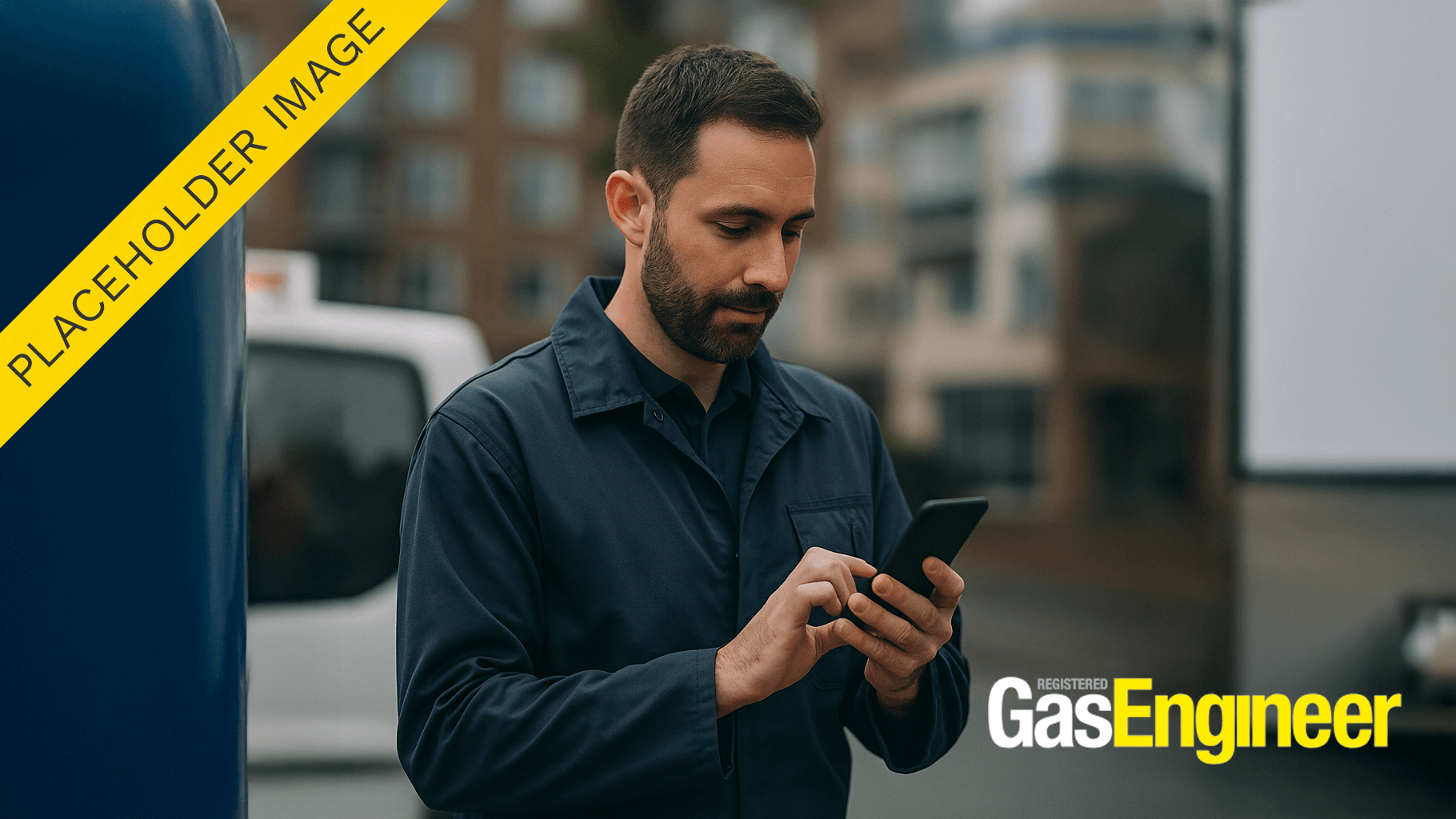
How can you help drive out illegal gas work?
Gas Safe Register visits hundreds of suspect installations every year. But it can only investigate what has been reported. If you suspect illegal gas work, here’s what to do and how to report it.
What is illegal gas work?
Working illegally can take many forms, from someone who has no qualifications fitting a gas appliance, to someone who is registered but working outside the scope of their qualifications, to someone who was registered previously but isn’t any longer.
What does it look like?
Typical installation defects can be undersized pipework, missing screws from chimney assemblies, chimneys not supported correctly, boilers not secure or stable and incorrect CO/CO2 ratios. No two installations are the same and you should always bear in mind that there may be defects hidden from view when you’re assessing an installation.
Gas Safe Register says: “One example we see of illegal gas work is where a builder asks a registered business to issue a landlord’s gas safety record on a new installation. The builder presents the record to the homeowner and Local Authority Building Control as evidence that the work has been done by a legitimately registered gas engineer.
“If you are asked to do this, you should ask yourself: why can’t the registered engineer who fitted the boiler issue the gas safety record?”
Are you suspicious?
Ask your customer about their boiler or gas appliance: who fitted it? Can you see the Benchmark book, and have they received their Building Regulations certificate? If you have a concern for safety, ask your customer for the details of the tradesperson. Gas Safe Register needs to have as much information as possible so that it can take appropriate action.
What should I do?
Don’t leave an unsafe gas installation – you must follow the latest Gas Industry Unsafe Situations Procedure and make safe if required. If needed, add a ‘Danger Do Not Use’ label and warning notice to make it clear to the householder that they must not use the dangerous gas appliance.
However, do not put right the illegal gas work before Gas Safe Register has inspected it: try to preserve as much of the evidence as possible so that an investigations officer can inspect and report to the appropriate authorities.
If your customer insists on the work being put right before Gas Safe Register can attend, make sure you record your findings and take photos. The investigations officer will then take a statement from you and your customer.
What if I’m not sure whether it’s illegal?
If you suspect it, call Gas Safe Register’s customer service team, who will check whether there is a Building Regulations declaration for the appliance at that address. If you want to remain anonymous, Gas Safe will contact the homeowner or responsible person to try to establish who carried out the work.
Gary Russell, Regional Investigations Officer, says: “Registered gas engineers provide crucial information about illegal gas work – and we encourage you to do so. The more illegal gas workers we can remove from our industry, the more beneficial it will be to us all. Getting rid of illegal gas workers will have a financial benefit to your business, as well as strengthening the reputation of all registered gas engineers.”
What happens next?
After you’ve informed Gas Safe Register, one of its regional investigations officers will aim to visit the property and inspect the gas work within 10 working days. The officer usually spends two to three hours on site and makes a full report of the findings to your customer and HSE (or other bodies, where appropriate) within 10 working days of the site visit.
These reports are very detailed and record every gas-related defect on the work, as well as photographs and information about what needs to be done to correct the faults, to provide the evidence that the enforcement agencies need to take enforcement action, including prosecution.
The report may be disclosed to other agencies, if appropriate, such as local authority Environmental Health or Trading Standards. The enforcement agencies make an informed assessment of how unsafe the gas installation was, giving them a greater opportunity to demonstrate the level of danger in any subsequent prosecution.
Enforcement
The HSE will review the report and decide on the most appropriate enforcement action, in line with its Enforcement Policy. Enforcement action may result in:
• a Warning Letter: the first stage of enforcement
• a Prohibition Notice: this orders the worker to stop working on gas immediately
• Prosecution: this may result in a fine and/or imprisonment of up to six months in the Magistrate’s Court and/or up to two years in the Crown Court or Sheriff Court.
Gas Safe Register does not have enforcement powers but it is responsible for investigating and compiling the evidence of illegal gas work that is then used by enforcement agencies to bring prosecutions.
Ronan Howard, Gas Safe Register’s National Investigations Coordinator, says: “We take all reports of unregistered work seriously. Where it has been alleged that specific gas work has been undertaken, we will always endeavour to visit the property, undertake an on-site risk assessment and refer our findings to the enforcing authority for consideration.
“Because we are the registration body, not the enforcement agency, we do not make the decision as to whether enforcement action will be taken against an individual or business. While investigations are ongoing, we are limited in what information we can provide – but just because we cannot provide sensitive information, this doesn’t mean that action isn’t being taken.
“We can only investigate based on the information we receive: if you have concerns, please contact us and provide information.”

